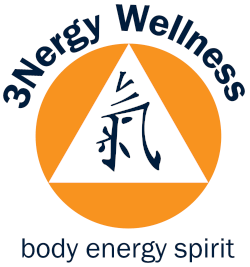Heart rate variability (HRV) is the gold standard test for evaluating the body’s physiological response to stress and the state of balance of the autonomic nervous system (sympathetic and para-sympathetic branches). The autonomic nervous system controls all the automatic functions of the body, which take place without conscious control. As such, the heart rate variability is an electrophysiological test and autonomic nervous system assessment that has body-wide implications.
This computerized test utilizes a digital recorder connected to software that analyses the heart rate variability, strength, and amplitude at rest over the course of ten minutes time. In addition, this test also evaluates the various characteristics of the pulse according to the Chinese medicine pulse assessment.
Heart rate variability and pulse analysis can provide vital indications about the functioning and tone of the autonomic nervous system, vagus nerve function, response of the body to stress, heart health, dominant brain waves, psycho-emotional stress, energy reserves, metabolism, percentage of functioning of the acupuncture meridians, energy centers (chakras), and spinal energy flow in the body.
For instance, a low HRV score indicates poor autonomic nervous system tone. It correlates with a higher like-hood of anxiety disorders, major depression, cardiovascular stress, inflammatory diseases such as colitis, Crohn’s disease, arthritis, asthma and allergies, adrenal insufficiency, fatigue, and type 2 diabetes, among other disorders.
The heart rate variability and pulse analysis measurement can provide information about the following parameters.
- Stress index (psycho-emotional stress).
- Autonomic nervous system balance.
- Dominant brain waves.
- Energy reserve (anabolic-catabolic balance).
- Biological age.
- Organ physiology.
- Spinal energy flow.
- Level of activity of the twelve Acupuncture meridians.
- Distribution of energy (energy centers or chakras).
- General index of health.
Rates:
Heart Rate Variability (HRV): $75

